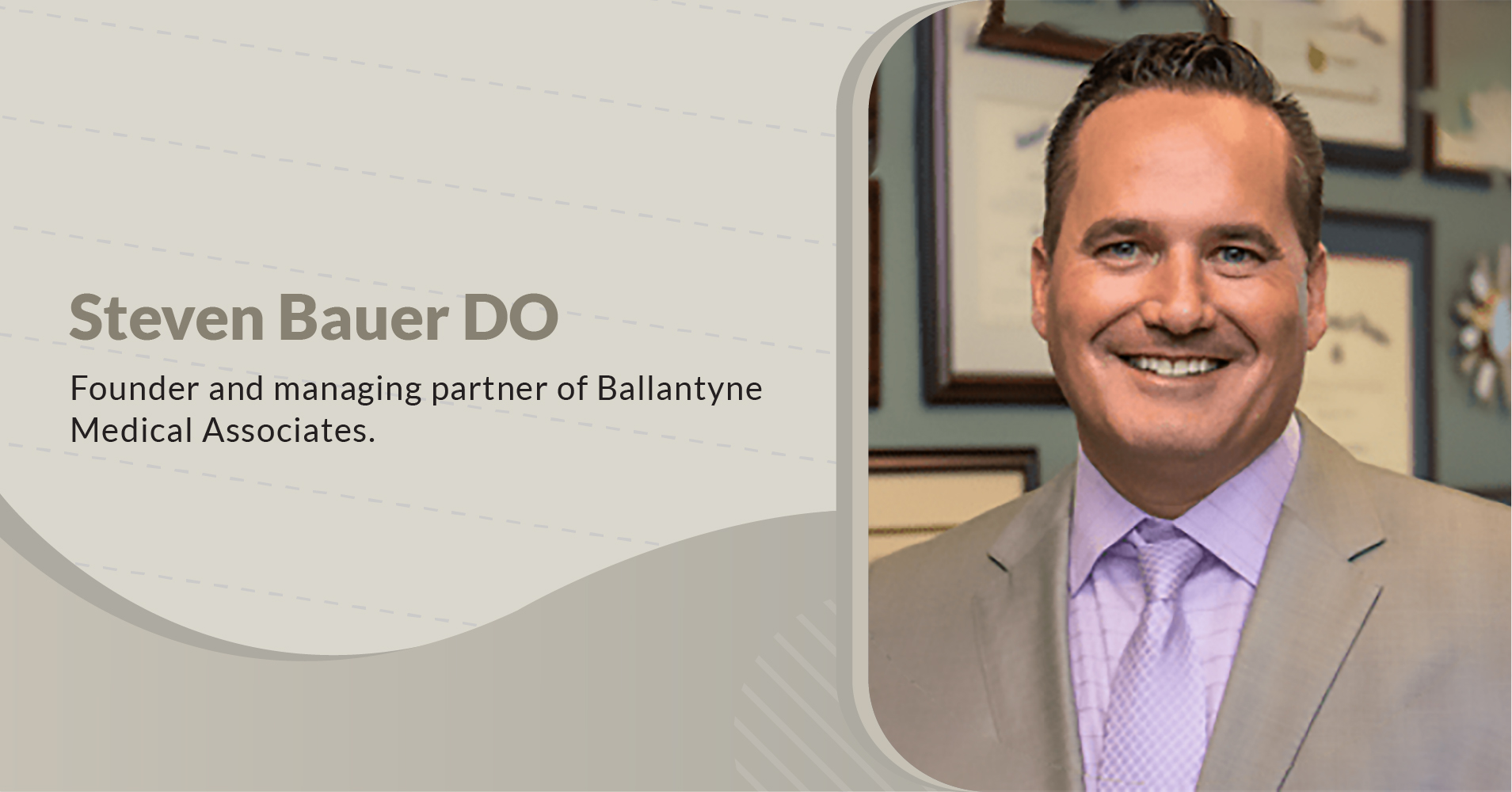
Opioid Use Disorder (OUD) is a severe and widespread public health issue characterized by the compulsive use of opioid drugs despite harmful consequences. These drugs, which include prescription painkillers like oxycodone and hydrocodone, as well as illicit substances like heroin and synthetic opioids such as fentanyl, have a high potential for dependence and abuse. Addressing OUD requires a comprehensive approach that includes detoxification (detox) and various treatment modalities. This article explores the nature of OUD, the detoxification process, treatment options, and the importance of ongoing support.
Understanding Opioid Use Disorder
Opioid Use Disorder is a chronic condition that often starts with legitimate medical use of opioid medications or recreational drug use. Over time, individuals may develop tolerance, requiring higher doses to achieve the same effect and physical dependence, leading to withdrawal symptoms when the drug is not taken. Psychological dependence also plays a significant role, with individuals experiencing intense cravings and compulsive drug-seeking behavior.
The impact of OUD extends beyond the individual, affecting families, communities, and healthcare systems. It is associated with numerous adverse outcomes, including overdose, infectious diseases, and social and economic problems. Understanding the complexity of OUD is crucial for developing effective strategies for detox and treatment.
The Detoxification Process
Detoxification is the first step in the treatment of OUD. It involves the medical management of withdrawal symptoms as the body clears the opioids from its system. Detox is not a treatment for addiction itself but rather a precursor to more comprehensive treatment programs.
Medical Supervision
Detox should be conducted under medical supervision due to the potential severity of withdrawal symptoms. These symptoms can include anxiety, muscle aches, sweating, nausea, vomiting, diarrhea, and severe cravings. In some cases, withdrawal can lead to more serious complications, such as dehydration or seizures. Medical professionals can provide medications to alleviate these symptoms and ensure the safety and comfort of the patient.
The choice of medication and the detox protocol will depend on the individual’s specific situation, including the severity of their dependence and any co-occurring medical or psychiatric conditions.
Duration of Detox
The duration of the detox process can vary widely, typically lasting from a few days to a week or more, depending on the type and amount of opioid used, the duration of use, and the individual’s overall health. Detox is only the beginning of recovery, and it is essential to follow up with comprehensive treatment to address the underlying issues of addiction.
Comprehensive Treatment Options
After detox, it is crucial to engage in a comprehensive treatment program that addresses the physical, psychological, and social aspects of addiction. Effective treatment for OUD often includes a combination of medication-assisted treatment (MAT), behavioral therapies, and support services.
Behavioral Therapies
Behavioral therapies are essential components of OUD treatment, helping individuals modify their attitudes and behaviors related to drug use and increase healthy life skills. Effective behavioral therapies for OUD include:
Cognitive Behavioral Therapy (CBT): Helps individuals recognize and change negative thought patterns and behaviors.
Contingency Management: Uses positive reinforcement to encourage abstinence and other positive behaviors.
Motivational Interviewing: Helps individuals resolve ambivalence about treatment and find internal motivation to change.
Group Therapy and Support Groups: Provide peer support and shared experiences, which can be valuable for maintaining sobriety.
Integrated Treatment for Co-Occurring Disorders
Many individuals with OUD also have co-occurring mental health disorders, such as depression, anxiety, or PTSD. Integrated treatment that addresses both substance use and mental health disorders is crucial for successful recovery. This approach ensures that both conditions are treated simultaneously, improving overall outcomes.
The Role of Ongoing Support and Aftercare
Long-term recovery from OUD requires ongoing support and aftercare. After completing a formal treatment program, individuals should continue to engage in recovery activities to maintain sobriety and prevent relapse.
Sober Living Homes
Sober-living homes provide a structured, supportive environment for individuals transitioning from treatment to independent living. These residences often have rules and guidelines that promote sobriety, such as mandatory attendance at support group meetings and adherence to a curfew.
Outpatient Programs
Outpatient programs offer continued therapy and support while allowing individuals to live at home and maintain their daily responsibilities. These programs can be an excellent option for ongoing care and relapse prevention.
Peer Support Groups
Peer support groups, such as Narcotics Anonymous (NA) or SMART Recovery, provide a sense of community and shared experiences. Regular attendance at support group meetings can help individuals stay motivated and connected to their recovery goals.
Opioid Use Disorder is a complex and challenging condition that requires a comprehensive and compassionate approach to treatment. Detoxification is the first step in the recovery process. Still, it must be followed by ongoing treatment and support to address the root causes of addiction and promote long-term recovery. By combining medication-assisted treatment, behavioral therapies, and ongoing support, individuals with OUD can achieve and maintain sobriety, improving their health and quality of life. Addressing the opioid crisis requires a collective effort from healthcare providers, policymakers, communities, and individuals to ensure that those struggling with addiction receive the care and support they need.